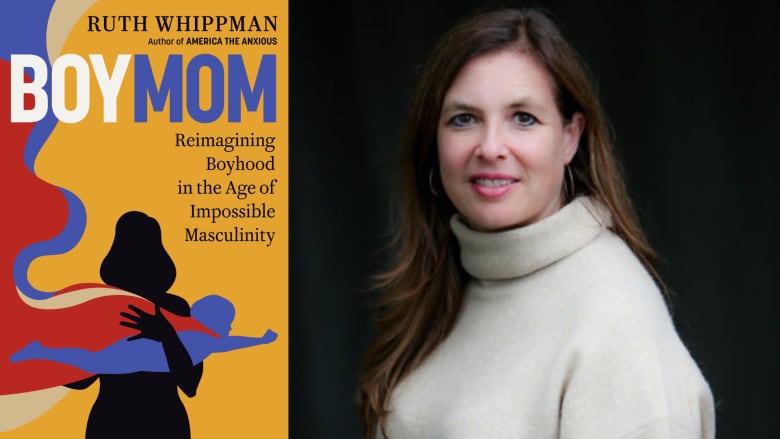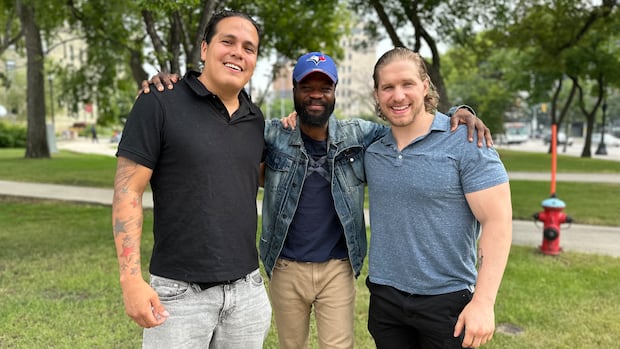The Current23:38Raising boys in an age of ‘impossible masculinity’
Ruth Whippman was going into labour with her third son as the #MeToo reckoning was unfolding in the news.
“I was reading these tweets about how terrible men were and [about] toxic masculinity and one man after another being this, like, sex offender or predator or terrible person,” Whippman told The Current host Matt Galloway.
As a feminist, Whippman said she found the #MeToo movement energizing and validating. “It was like, finally, women had a voice. We were allowed to call out this kind of bad behaviour that we all knew about and we were all aware of, but … we didn’t have the social permission or the vocabulary to call it out.”
“But I think as a mother of boys, I just felt very conflicted and defensive,” she said. “It was like, everyone’s talking about this gender as if they’re the enemy and they’re harmful and they’re terrible. But these are my children they’re talking about.”
That got her wondering, she said, if instead of striving to define positive versus toxic masculinity, parents should focus on simply raising good people — regardless of gender.
Whippman explores that idea in her new book, Boy Mom: Reimagining Boyhood in the Age of Impossible Masculinity. But others say that rigid ideas about masculinity are so pervasive in our culture they can’t be ignored, and, instead, parents should aim to be part of broadening boys’ horizons on what it means to be a man.
Nadia Kidwai of CBC’s Weekend Morning Show hosts a conversation on masculinity with three Winnipeg men: Jean-René Dominique Kwilu, lawyer; Matthew Shorting, advocate and facilitator; and Rhyland Qually, training and nutrition coach.
Michael Kehler, a research professor in Masculinities Studies at the University of Calgary’s Werklund School of Education, is in the latter camp.
He says the #MeToo movement was an important “historical moment” that brought to light the sexual violence and harassment of women, as well as the code of silence around it.
Despite the movement’s efforts, he says that violence and harassment — and the mentality of keeping quiet about it — still exists today, and ignoring it would be a mistake.
“Men and boys still participate and are complicit in misogyny and homophobia…
Click Here to Read the Full Original Article at CBC | Top Stories News…


